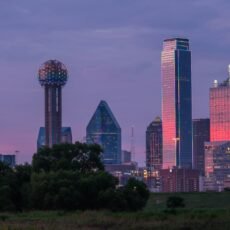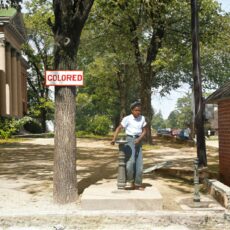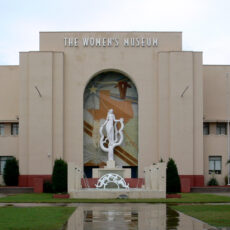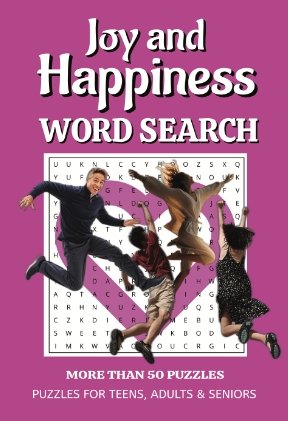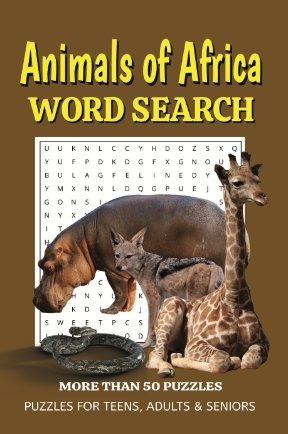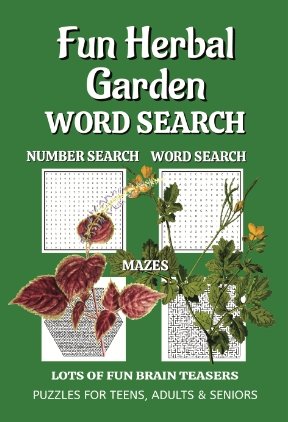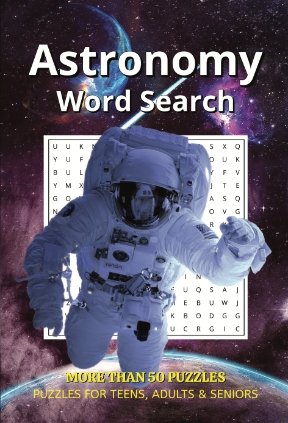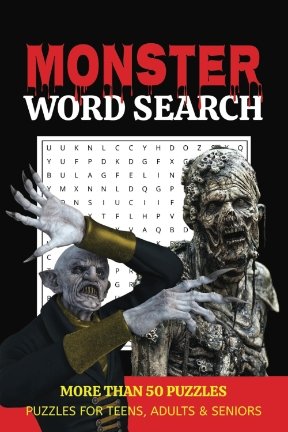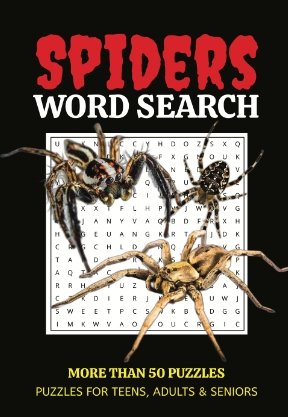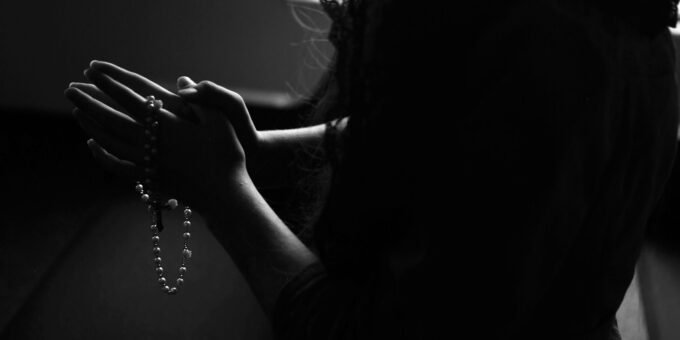
Dallas, Texas, is often seen as a hub of Southern culture, known for its sprawling metropolitan lifestyle, booming business sector, and the towering skyline that defines the city. Dallas Religious History boasts a deep and diverse religion, representing a broad spectrum of faith traditions that have shaped the city in profound ways. While Christianity, particularly in the form of its influential megachurches, dominates public awareness, Dallas’s religious landscape includes numerous faiths that are less visible but no less significant.
Dallas Religious History Early Foundations
Like much of Texas, Dallas’s Religious History was deeply influenced by Protestant Christian traditions from the very beginning. When settlers arrived in the area during the 19th century, most were of Protestant descent, bringing a strong sense of spirituality rooted in Evangelical, Baptist, and Methodist traditions. As Dallas grew from a small settlement into a thriving city, churches played a central role in religious and social life, often serving as community centers.
Dallas Religious History didn’t take long for a broader diversity of religious beliefs to emerge. The early 20th century saw an influx of Catholic immigrants from Mexico and Europe, bringing a new wave of expression that would eventually build some of the city’s most iconic places of worship, such as the Cathedral Shrine of the Virgin of Guadalupe.
Beyond Christianity: Lesser-Known Religions Take Root
While Dallas is widely known for its Protestant and Catholic heritage, several other faiths quietly made their way into the city’s religious ecosystem. One of the first non-Christian faiths to establish a presence in Dallas was Judaism. Dallas’s Jewish community dates back to the mid-1800s, and over the next century, it grew steadily, contributing to the city’s cultural and intellectual life. By the early 20th century, synagogues like Temple Emanu-El became cornerstones of Jewish life, providing spaces for worship, education, and social action.
Another significant, though lesser-known, religious community in Dallas is the Muslim population. Dallas’s Muslim community has seen significant growth in recent decades, particularly with the rise of immigration from countries such as Pakistan, India, and the Middle East. Mosques and Islamic centers have sprung up throughout the Dallas-Fort Worth metroplex, providing spaces not only for worship but also for cultural events, charity work, and interfaith dialogue.
Dallas Religious History is also home to a growing Hindu population, largely driven by immigration from India. Temples like the Radha Krishna Temple and the DFW Hindu Temple are centers for cultural and religious activities, offering spaces for worship, festivals, and educational programs. Alongside these traditions, there are smaller but vibrant communities of Buddhists, Sikhs, and Baha’is, each contributing to the religious diversity of the city.
The Dallas Religious History Multifaith Dialogue
One of the most interesting aspects of Dallas’s religious diversity is the way that interfaith dialogue has blossomed over time. For a city located in the Bible Belt, where one might expect religious tensions or divisions, Dallas has become a center for multifaith collaboration. Organizations like the Dallas Interfaith Council have been pivotal in fostering these conversations, encouraging leaders and followers of various religious traditions to work together on issues ranging from social justice to disaster relief.
Dallas’s Religious History extends beyond dialogue and into practical initiatives. In recent years, interfaith events like the annual Thanksgiving service, where members from different faith communities gather to celebrate and give thanks together, have become staples of Dallas’s religious calendar. In addition, interfaith organizations have been instrumental in advocating for refugees, fighting poverty, and promoting human rights, showing that cooperation across religious boundaries can yield real-world benefits.
Dallas Religious History Hidden Communities: Dallas’s Esoteric Spirituality
Beyond the well-established religious communities, Dallas is home to more obscure spiritual traditions that quietly thrive under the radar. For example, the city has long had a small but dedicated group of practitioners of esoteric traditions such as Kabbalah, the mystical form of Judaism, and Theosophy, a spiritual movement that blends elements of Eastern religions with Western esotericism.
Dallas’s history also includes lesser-known spiritual movements like the Unity Church, which emphasizes New Thought principles and the power of positive thinking, and small pockets of adherents to Indigenous spiritual traditions. These groups, while smaller in number, contribute to the rich tapestry of Dallas’s spiritual diversity.
Balancing Tradition with Modernity
As diverse as the religious landscape in Dallas is, one common thread that runs through many of these communities is the tension between maintaining tradition and embracing modernity. In an era of globalization, religious groups in Dallas, whether they are large megachurches or small esoteric groups, must find ways to stay relevant to younger generations while preserving their spiritual heritage.
Many churches, synagogues, mosques, and temples have embraced technology to keep their congregations connected, offering virtual services, livestreaming sermons, and engaging with social media platforms. At the same time, religious leaders across different faiths have focused on maintaining the core values and practices that have defined their spiritual traditions for centuries.
In particular, immigrant communities in Dallas face the challenge of preserving their cultural and religious identities in a rapidly changing and diversifying city. For many, religious institutions serve as cultural hubs, providing a space where individuals can connect with their heritage, language, and customs while adapting to life in America. The balance between maintaining a strong sense of identity and integrating into the broader society is a delicate one, but it is one that many religious communities in Dallas have successfully navigated.
Looking Ahead: The Future of Religious Diversity in Dallas
As Dallas continues to grow, so too will its religious diversity. With more people moving to the area from different parts of the world, the city’s spiritual landscape will likely become even more varied. This presents both opportunities and challenges for religious communities in Dallas.
The city’s continued emphasis on interfaith dialogue and cooperation will be key to ensuring that religious diversity remains a source of strength rather than division. Moreover, as new religious communities establish themselves in Dallas, they will bring fresh perspectives and practices that will further enrich the city’s spiritual life.
Ultimately, the religious diversity of Dallas is a reflection of the broader diversity of the city itself. It is a story of growth, adaptation, and collaboration—a story that continues to evolve as the city moves forward into the future.

